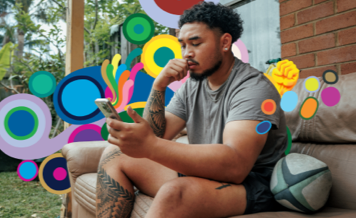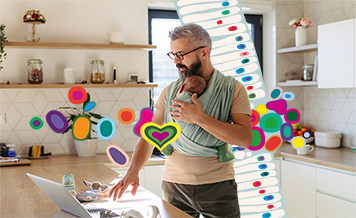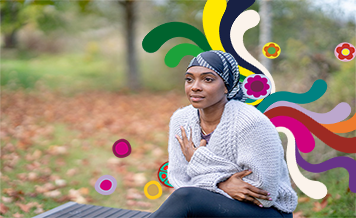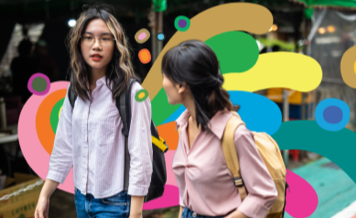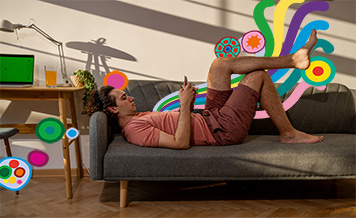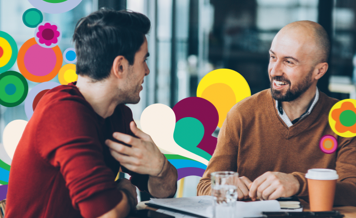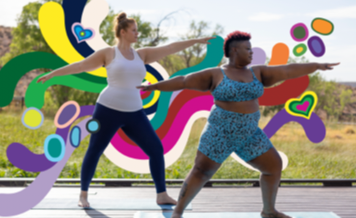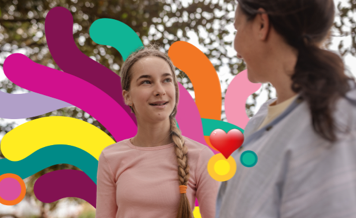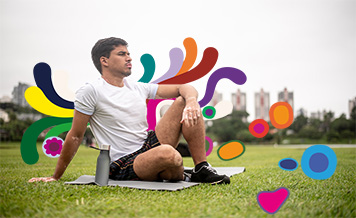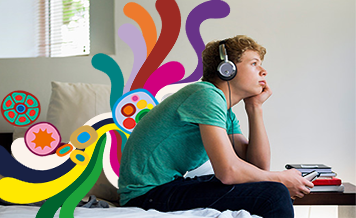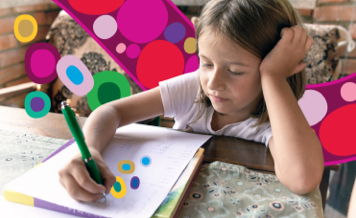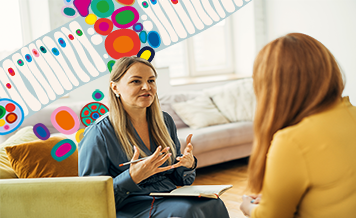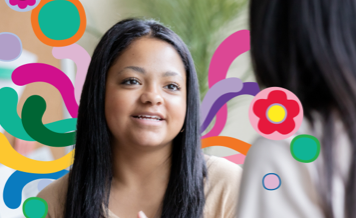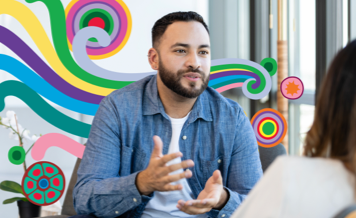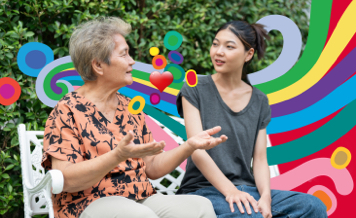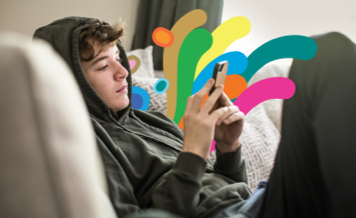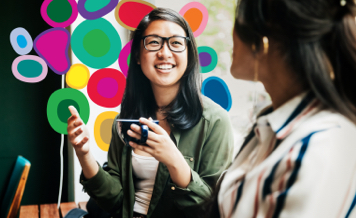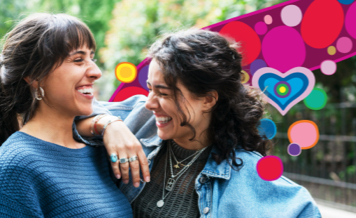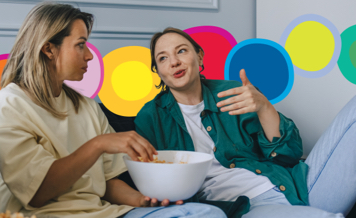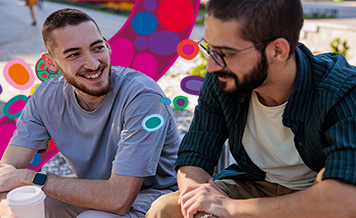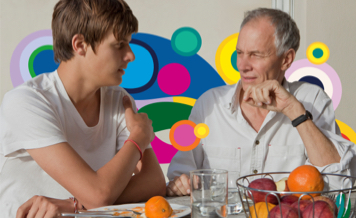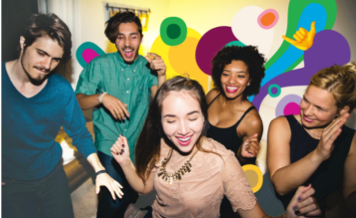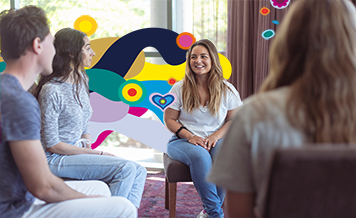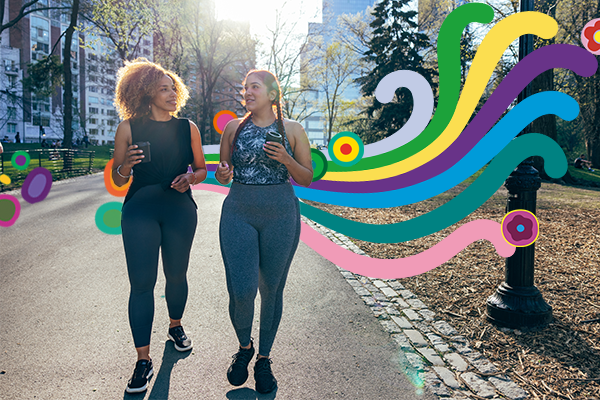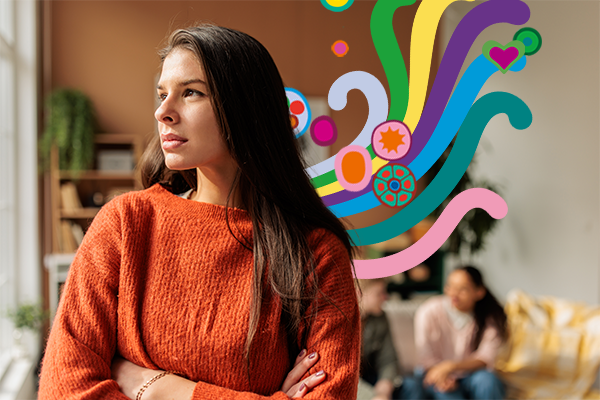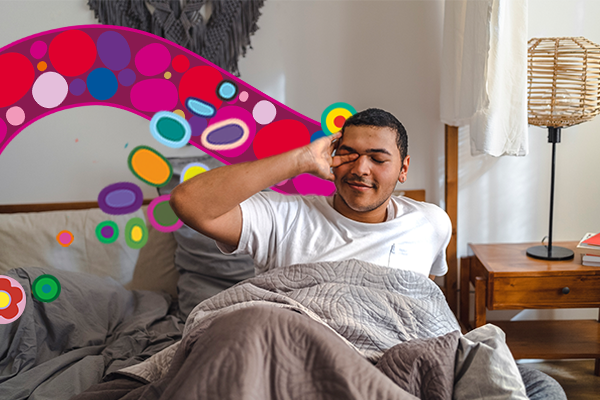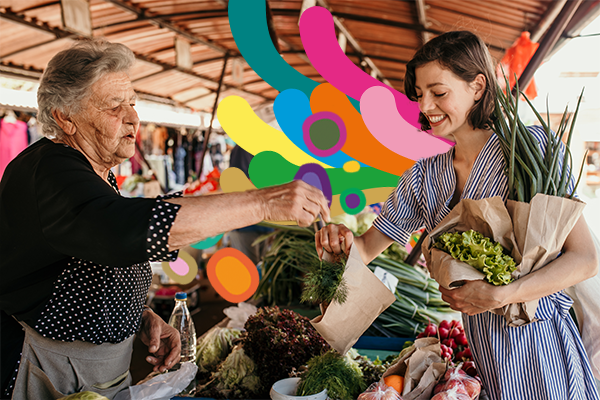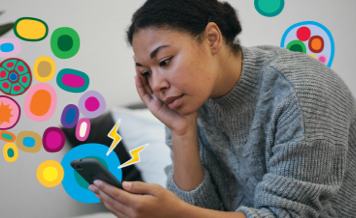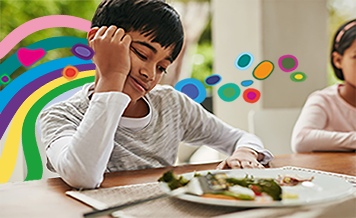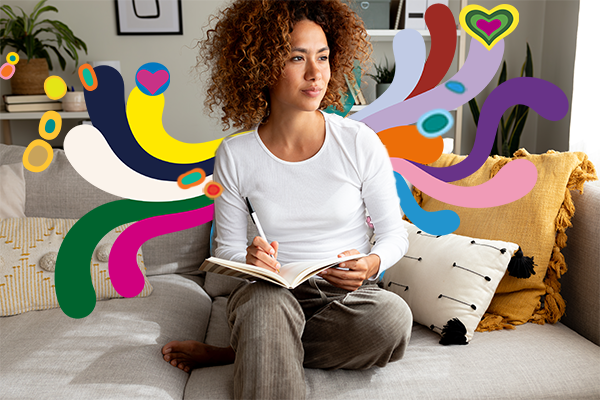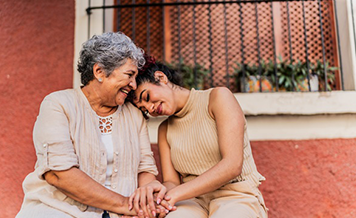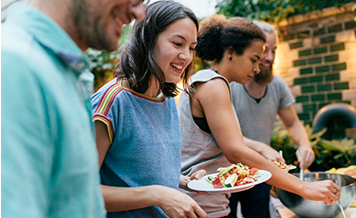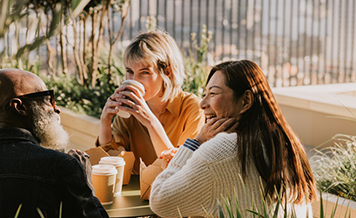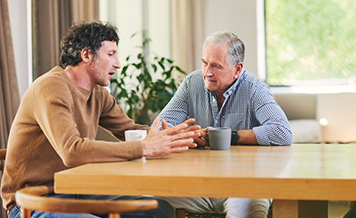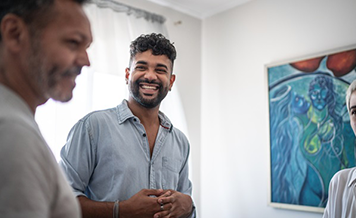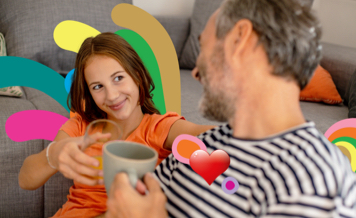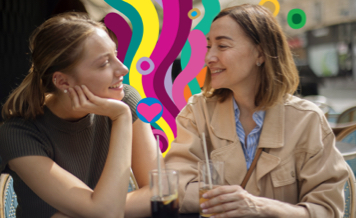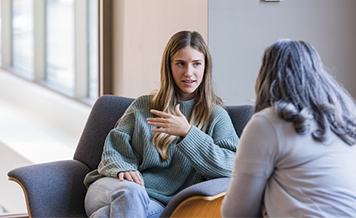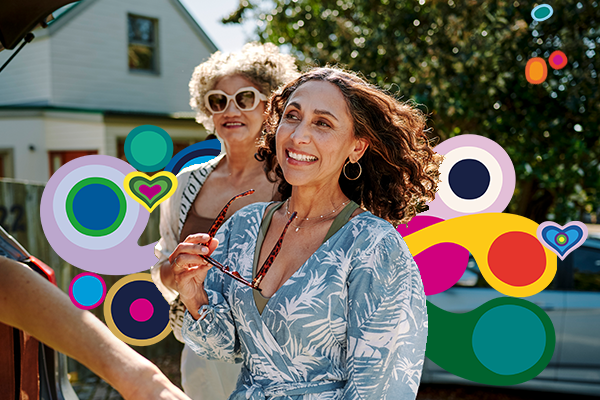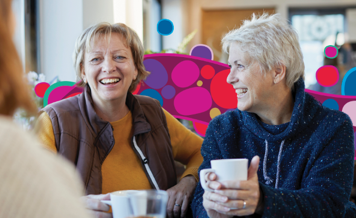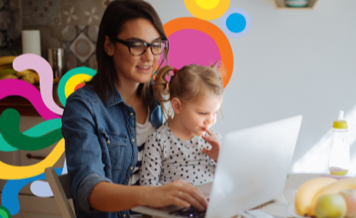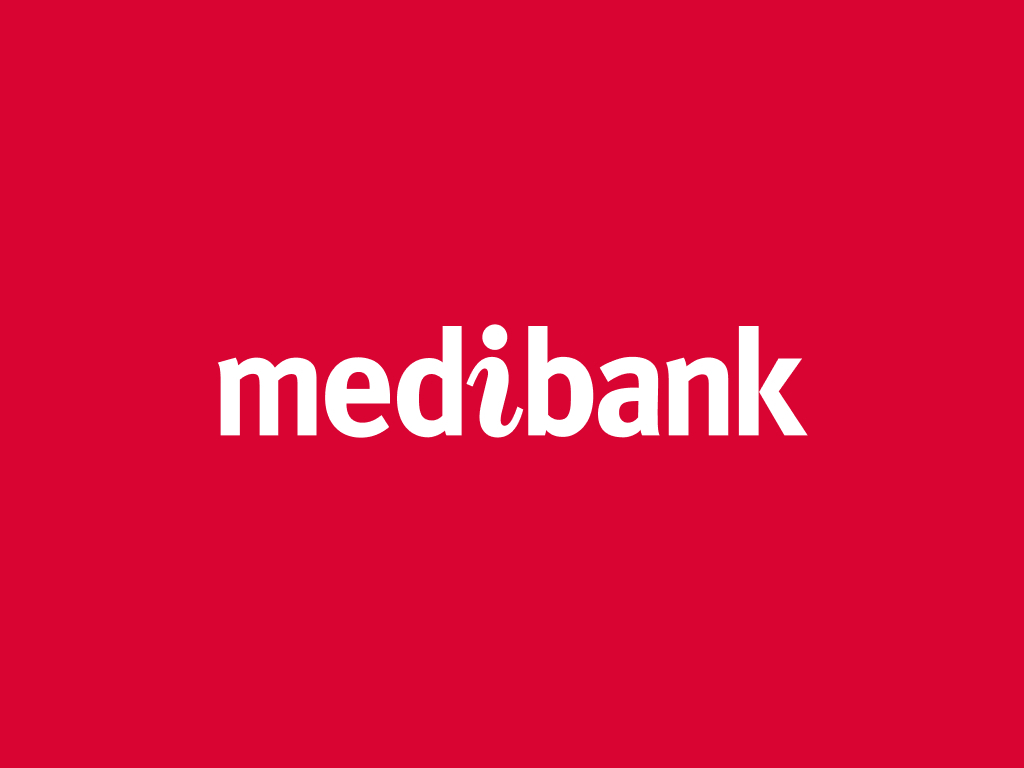How to make friends as an adult
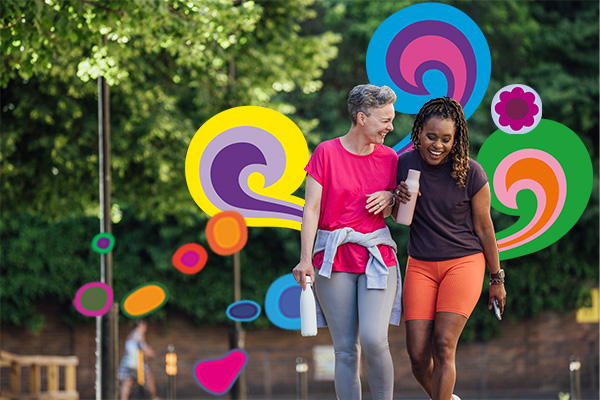
Making friends can be easier for some people than for others. While some children can walk into any playground and immediately have a new best mate, others struggle to feel comfortable with new people or in a crowd. It’s the same for adults.
Is it harder to make friends as an adult?
Medibank’s We Are Lonely podcast examines loneliness in young adults and asks the question, why is it hard for us to make meaningful connections?
While it can be an exciting time of life, feelings of loneliness often come up in our late teens and early 20s. Moving away from friends and family for study, work or travel can be difficult. And the friendship groups we formed through school or extra-curricular activities can dwindle, leaving us with fewer close connections.
But there are ways we can combat feelings of loneliness and learn how to make close friendships in adulthood.
5 tips to make new friends as an adult
1. Use established services that help connect people
Settling into a new environment where you feel like the only person who doesn’t know anyone can be intimidating and lonely. But it doesn’t have to be.
At your university or training institution
If you’ve started at a new university or technical institution, there will be services on and off campus that can help you make new connections. Seek out your student services team and ask about academic or sports clubs and groups.
If you are living on campus or in student accommodation, there are often social events for residents - check in with building management or noticeboards. And don’t underestimate the power of saying hi to people in the lift or stairwell.
At your workplace
Many workplaces have social clubs, sporting teams, book clubs or team fundraising events: a great way to meet colleagues outside your immediate team. Asking a manager to pair you up with a like-minded buddy or mentor can also be a great strategy to find someone you connect with at work.
In your community
Check out local noticeboards, council websites and apps like Meetup for what’s on in your community.
Community events like parkrun, a free 5km community event where you can walk, run, jog or volunteer are a great place to start building connection. Volunteering for a local cause can also be a great way to find like-minded individuals.
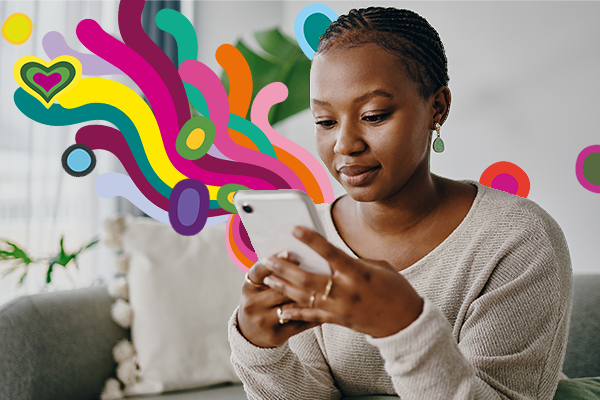
24/7 Medibank Mental Health Support
Medibank health insurance members can chat to a mental health professional about how they feel and ask questions about a range of mental health concerns for themselves or a loved one and get guidance on what they can do next. Chat online or call 1800 644 325 anytime of the day or night, 7 days a week at no extra cost.~
2. Find something that you enjoy
From bird watching to heavy metal music: there are organisations and clubs for almost any interest you can think of.
Seek out a group or event that appeals to one of your passions, and make an effort to go along. Even if you don’t meet anyone, you’ll have the opportunity to do something you love and be around others with similar interests. If you persist, it’s more than likely you’ll connect with someone you can share your passion with.
3. Push yourself out of your comfort zone
Making new connections can be daunting, and it takes time. Starting with something small and slowly building up can make it easier. For example, you might set yourself the goal of saying hi to someone in your class, and build up to asking them for a coffee over time.
4. Try making new friends online
While face-to-face connections might be the ideal, online interactions may help to build your confidence and help prepare you for a time when you’re ready to have social interactions in person.
Host Ali Walker from the We are Lonely podcast, agrees saying there are real opportunities to connect digitally. “Social media really takes you beyond your physical location, your physical space and time. It can offer a huge opportunity for you to connect with people.”
5. Reach out for help when you need it
Feeling lonely sometimes is very normal. If your feelings of loneliness persist and impact your overall wellbeing, there are ways to reach out for help. Talk to friends and family. Whether it’s in person, on the phone or even just texting, telling someone how you feel can help ease feelings of loneliness. Give your loved ones a chance to offer advice and support.
We Are Lonely podcast
We Are Lonely follows nine young Australians as they navigate loneliness and seek meaningful connections. Each episode provides an intimate look into their personal experiences with loneliness and the unique ways they strive to build relationships.

Where to get help
If your life or someone else’s is in danger, call 000 immediately.
If you’re in distress and need help, call Lifeline on 13 11 14 for 24/7 crisis support.
For non-emergency support, your GP or regular health practitioner is often the best place to start. They will be able to assess your individual situation and recommend the best next steps for your recovery.
Medibank health insurance members can chat to a mental health professional about how they feel and ask questions about a range of mental health concerns for themselves or a loved one and get guidance on what they can do next. Chat online or call 1800 644 325 anytime of the day or night, 7 days a week at no extra cost~.
Remember that help is always available, no matter the situation.
How can we help?
I want to know how my cover supports mental health
I need help and want to talk
Related articles
Things you need to know
~Some referred services may involve out of pocket costs and waiting periods may apply.
While we hope you find this information helpful, please note that it is general in nature. It is not health advice, and is not tailored to meet your individual health needs. You should always consult a trusted health professional before making decisions about your health care. While we have prepared the information carefully, we can’t guarantee that it is accurate, complete or up-to-date. And while we may mention goods or services provided by others, we aren’t specifically endorsing them and can’t accept responsibility for them. For these reasons we are unable to accept responsibility for any loss that may be sustained from acting on this information (subject to applicable consumer guarantees).
